Does a baby get DNA from a surrogate mother?
As a prospective parent, you might wonder how much a surrogate mother’s DNA is shared with the baby. Genetic relationships can always affect on moral and physical characteristics of the baby. The child inherits the moral and physical characteristics of someone whose sperm and egg belong to them.
The DNA of a baby is only inherited from the providers of egg and sperm,
not the surrogate mother. It means that if gestational surrogacy is done and the surrogate is merely the carrier of the fetus, then the baby is biologically related only to the parents and does not get the surrogate’s DNA. The baby will not even share blood with the surrogate either as the nutrients and oxygen are transferred through the placenta. The surrogate acts like a host who only grows the baby in her uterus for nine months of pregnancy. Therefore, there is no genetic relationship between the surrogate mother and the baby and the baby only shares DNA with the parents or donors who provided the egg and sperm.
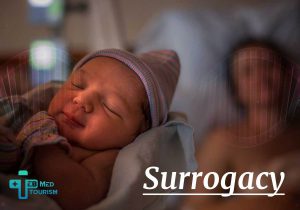
However, in traditional surrogacy, since the surrogate contributes her own eggs to be fertilized with the father’s sperm, the baby will share DNA with the surrogate. Overall, if someone asks, “
Who is the biological mother of a surrogate child?” the answer would be the woman who provides the egg_ whether she is the prospective mother, the surrogate, or an egg donor. Knowing the truth behind the surrogacy process can help surrogates and intended parents feel more confident about this journey and solve misunderstandings when they want to make a decision and proceed with surrogacy.
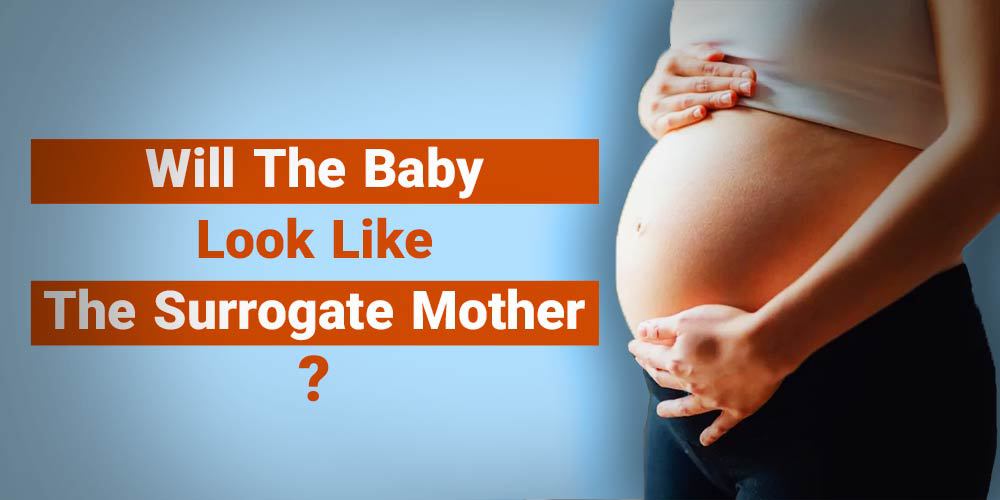
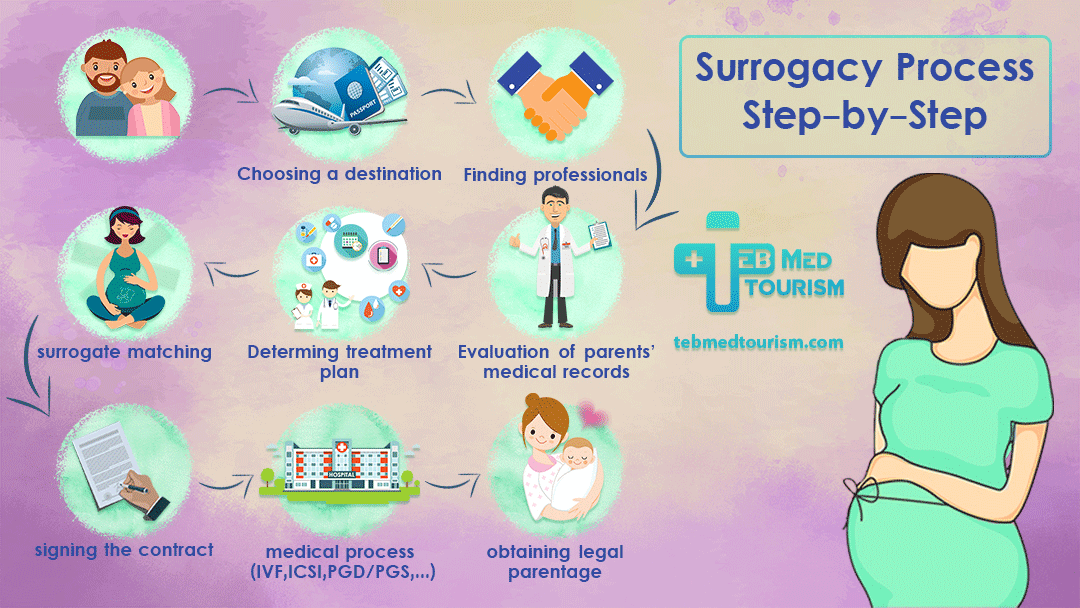
 However, in traditional surrogacy, since the surrogate contributes her own eggs to be fertilized with the father’s sperm, the baby will share DNA with the surrogate. Overall, if someone asks, “Who is the biological mother of a surrogate child?” the answer would be the woman who provides the egg_ whether she is the prospective mother, the surrogate, or an egg donor. Knowing the truth behind the surrogacy process can help surrogates and intended parents feel more confident about this journey and solve misunderstandings when they want to make a decision and proceed with surrogacy.
However, in traditional surrogacy, since the surrogate contributes her own eggs to be fertilized with the father’s sperm, the baby will share DNA with the surrogate. Overall, if someone asks, “Who is the biological mother of a surrogate child?” the answer would be the woman who provides the egg_ whether she is the prospective mother, the surrogate, or an egg donor. Knowing the truth behind the surrogacy process can help surrogates and intended parents feel more confident about this journey and solve misunderstandings when they want to make a decision and proceed with surrogacy.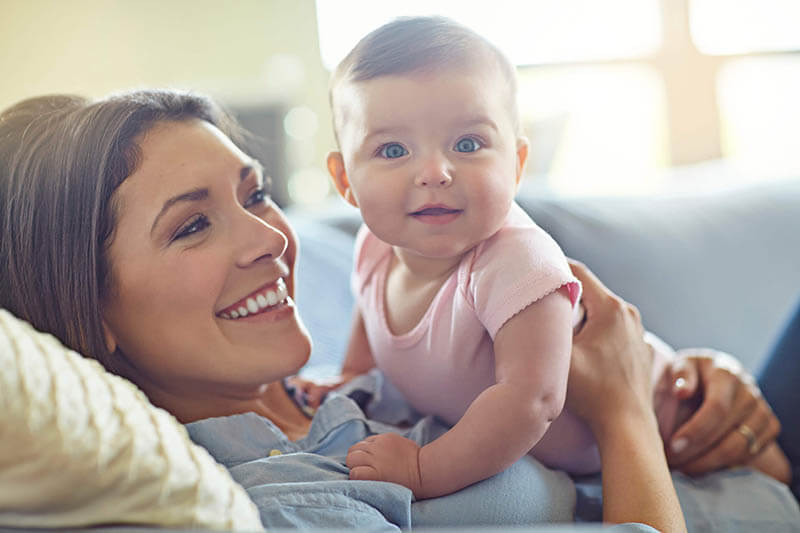
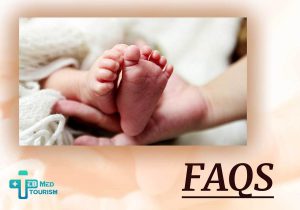
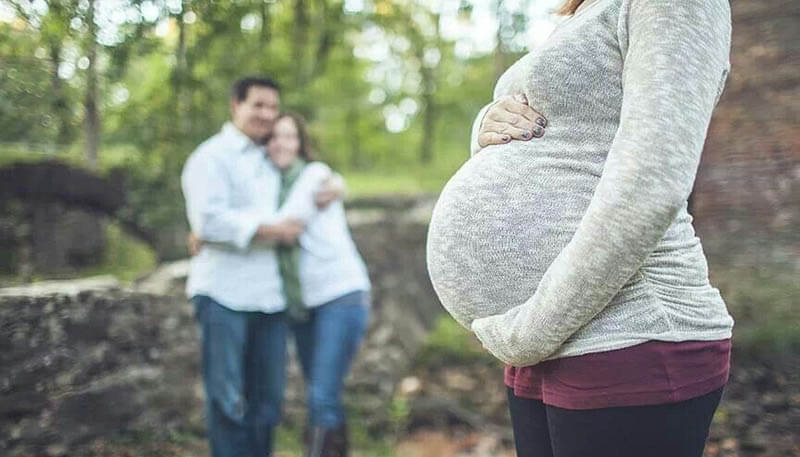


Comments & Questions